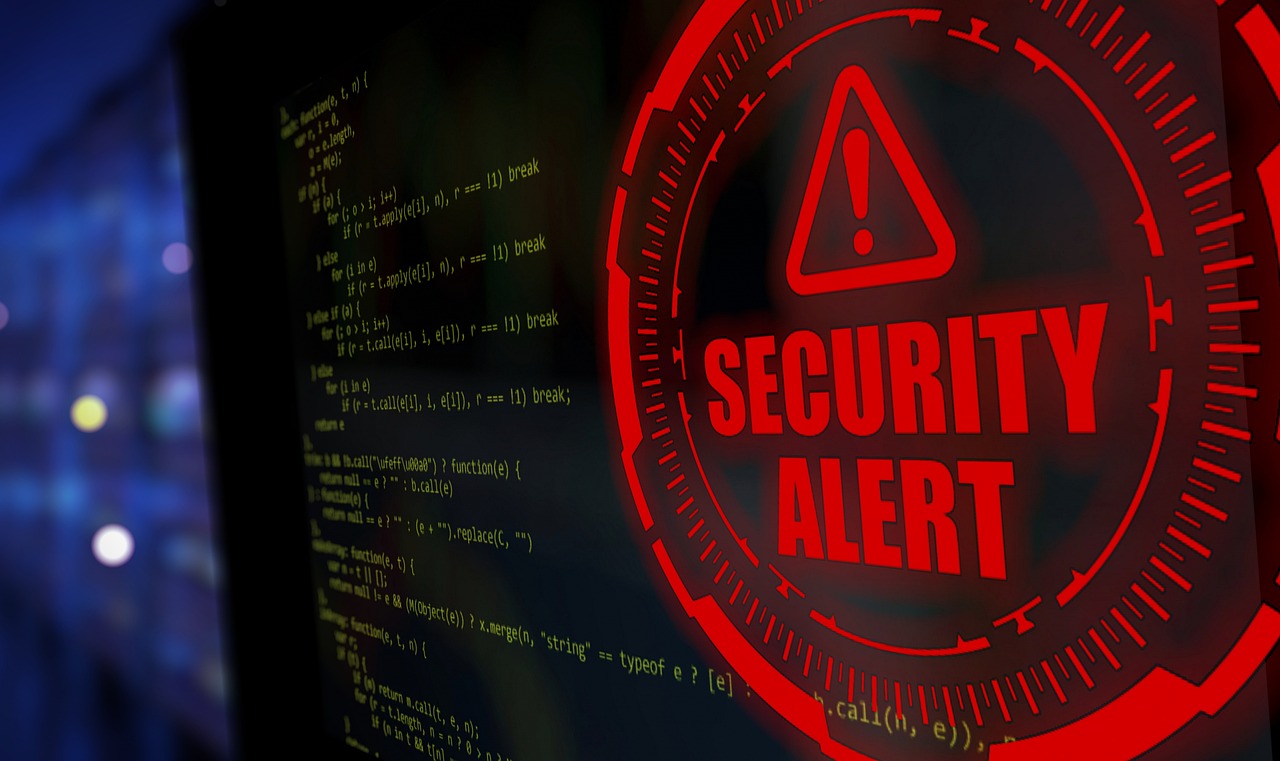1. EXECUTIVE SUMMARY
- CVSS v4 9.3
- ATTENTION: Exploitable remotely/low attack complexity
- Vendor: Rockwell Automation
- Equipment: PowerMonitor 1000 Remote
- Vulnerabilities: Unprotected Alternate Channel, Heap-based Buffer Overflow, Classic Buffer Overflow
2. RISK EVALUATION
Successful exploitation of these vulnerabilities could allow an attacker to perform edit operations, create admin users, perform factory reset, execute arbitrary code, or cause a denial-of-service condition.
3. TECHNICAL DETAILS
3.1 AFFECTED PRODUCTS
Rockwell Automation reports the following versions of PowerMonitor 1000 Remote are affected:
- PM1k 1408-BC3A-485: Versions prior to 4.020
- PM1k 1408-BC3A-ENT: Versions prior to 4.020
- PM1k 1408-TS3A-485: Versions prior to 4.020
- PM1k 1408-TS3A-ENT: Versions prior to 4.020
- PM1k 1408-EM3A-485: Versions prior to 4.020
- PM1k 1408-EM3A-ENT: Versions prior to 4.020
- PM1k 1408-TR1A-485: Versions prior to 4.020
- PM1k 1408-TR2A-485: Versions prior to 4.020
- PM1k 1408-EM1A-485: Versions prior to 4.020
- PM1k 1408-EM2A-485: Versions prior to 4.020
- PM1k 1408-TR1A-ENT: Versions prior to 4.020
- PM1k 1408-TR2A-ENT: Versions prior to 4.020
- PM1k 1408-EM1A-ENT: Versions prior to 4.020
- PM1k 1408-EM2A-ENT: Versions prior to 4.020
3.2 Vulnerability Overview
3.2.1 UNPROTECTED ALTERNATE CHANNEL CWE-420
A device takeover vulnerability exists in the affected product. This vulnerability allows configuration of a new Policyholder user without any authentication via API. Policyholder user is the most privileged user that can perform edit operations, creating admin users and performing factory reset.
CVE-2024-12371 has been assigned to this vulnerability. A CVSS v3.1 base score of 9.8 has been calculated; the CVSS vector string is (CVSS:3.1/AV:N/AC:L/PR:N/UI:N/S:U/C:H/I:H/A:H).
A CVSS v4 score has also been calculated for CVE-2024-12371. A base score of 9.3 has been calculated; the CVSS vector string is (CVSS:4.0/AV:N/AC:L/AT:N/PR:N/UI:N/VC:H/VI:H/VA:H/SC:N/SI:N/SA:N).
3.2.2 HEAP-BASED BUFFER OVERFLOW CWE-122
A denial-of-service and possible remote code execution vulnerability exists in the affected product. The vulnerability results in the corruption of the heap memory, which may compromise the integrity of the system, potentially allowing for remote code execution or a denial-of-service attack.
CVE-2024-12372 has been assigned to this vulnerability. A CVSS v3.1 base score of 9.8 has been calculated; the CVSS vector string is (CVSS:3.1/AV:N/AC:L/PR:N/UI:N/S:U/C:H/I:H/A:H).
A CVSS v4 score has also been calculated for CVE-2024-12372. A base score of 9.3 has been calculated; the CVSS vector string is (CVSS:4.0/AV:N/AC:L/AT:N/PR:N/UI:N/VC:H/VI:H/VA:H/SC:N/SI:N/SA:N).
3.2.3 BUFFER COPY WITHOUT CHECKING SIZE OF INPUT (‘CLASSIC BUFFER OVERFLOW’) CWE-120
A denial-of-service vulnerability exists in the affected product. The vulnerability results in a buffer overflow, potentially causing denial-of-service condition.
CVE-2024-12373 has been assigned to this vulnerability. A CVSS v3.1 base score of 9.8 has been calculated; the CVSS vector string is (CVSS:3.1/AV:N/AC:L/PR:N/UI:N/S:U/C:H/I:H/A:H).
A CVSS v4 score has also been calculated for CVE-2024-12373. A base score of 9.3 has been calculated; the CVSS vector string is (CVSS:4.0/AV:N/AC:L/AT:N/PR:N/UI:N/VC:H/VI:H/VA:H/SC:N/SI:N/SA:N).
3.3 BACKGROUND
- CRITICAL INFRASTRUCTURE SECTORS: Critical Manufacturing
- COUNTRIES/AREAS DEPLOYED: Worldwide
- COMPANY HEADQUARTERS LOCATION: United States
3.4 RESEARCHER
Vera Mens of Claroty Research – Team82 reported these vulnerabilities to Rockwell Automation.
4. MITIGATIONS
Rockwell Automation has corrected these problems in firmware revision 4.020 and recommends users upgrade to the latest version available.
Rockwell Automation encourages users of the affected software who are not able to upgrade to one of the corrected versions to apply security best practices, where possible.
For more information, see Rockwell Automation’s security advisory.
CISA recommends users take defensive measures to minimize the risk of exploitation of these vulnerabilities, such as:
- Minimize network exposure for all control system devices and/or systems, ensuring they are not accessible from the internet.
- Locate control system networks and remote devices behind firewalls and isolating them from business networks.
- When remote access is required, use more secure methods, such as virtual private networks (VPNs), recognizing VPNs may have vulnerabilities and should be updated to the most current version available. Also recognize VPN is only as secure as the connected devices.
CISA reminds organizations to perform proper impact analysis and risk assessment prior to deploying defensive measures.
CISA also provides a section for control systems security recommended practices on the ICS webpage on cisa.gov/ics. Several CISA products detailing cyber defense best practices are available for reading and download, including Improving Industrial Control Systems Cybersecurity with Defense-in-Depth Strategies.
CISA encourages organizations to implement recommended cybersecurity strategies for proactive defense of ICS assets.
Additional mitigation guidance and recommended practices are publicly available on the ICS webpage at cisa.gov/ics in the technical information paper, ICS-TIP-12-146-01B–Targeted Cyber Intrusion Detection and Mitigation Strategies.
Organizations observing suspected malicious activity should follow established internal procedures and report findings to CISA for tracking and correlation against other incidents.
No known public exploitation specifically targeting these vulnerabilities has been reported to CISA at this time.
5. UPDATE HISTORY
- December 17, 2024: Initial Publication
Discover more from Cyber GRC Hive
Subscribe to get the latest posts sent to your email.

